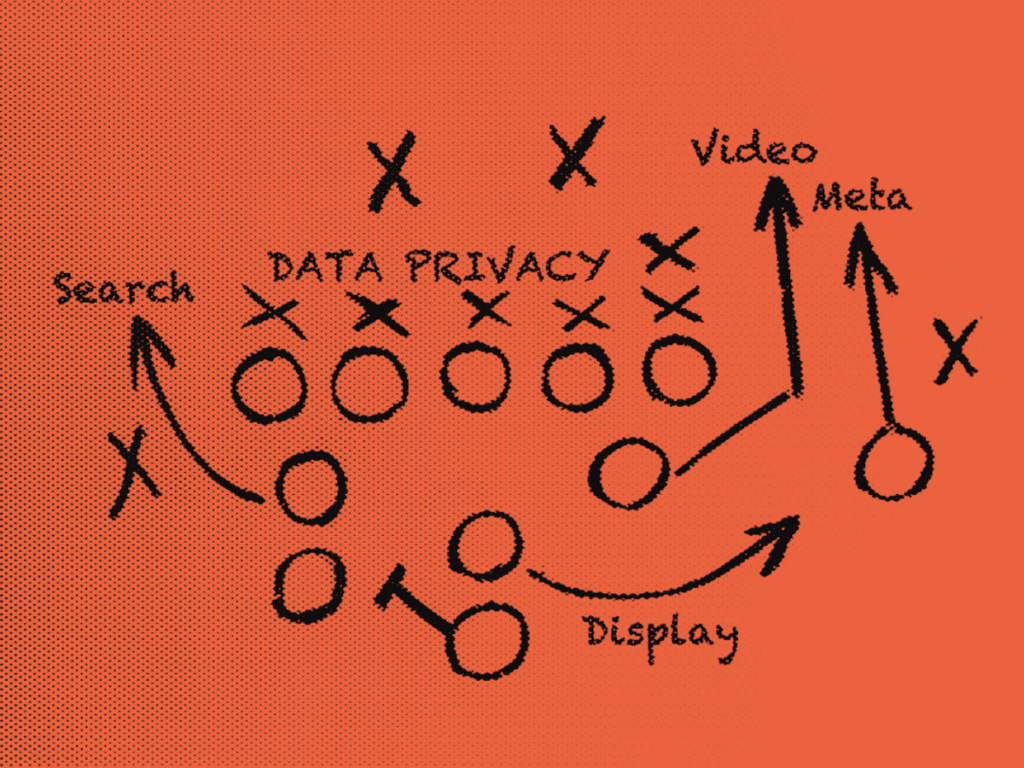Is it time to review your marketing playbook?
First, let’s be clear about what I mean. Your marketing playbook is most likely not an actual dog-eared paperback full of hand-scribbled notes that are never out of reach of your marketing manager. Instead, consider your playbook as the collection of tactics and approaches you use to drive the business. It could be as simple as the list of trade shows you attend and the tchotchkes you give away, or it may be a complex, well-documented, multi-channel go-to-market strategy. Regardless, this tried-and-true approach has probably delivered some success – perhaps for years.
Until the day that it doesn’t.
The telltale sign is when leads and sales have started to slow down, stall, or shrink. This often occurs very gradually, but once it’s recognized, your leadership may begin asking the marketing team what’s happening and why the efforts that have “always worked” don’t seem to be working anymore.
Before you throw your old playbook into the fire (I know I just told you it wasn’t a real book, but just go with me here), here are five key questions you should try to answer first to figure out what, if anything, you may need to change:
- Is this change Temporary … or Permanent? Seasonality, macroeconomic causes, and other factors may cause a temporary downward (or upward) shift in demand for your product or service that may be beyond your control. If that’s the case, you may not need to make any long-term changes and just ride out the cycle. On the other hand, are there tweaks you can try (different spend levels, new creative, new channels, different formats, etc.) to make some marginal improvements to your results? My digital media compadres might argue you probably should have been doing this already. But if it seems not to be a temporary change, you’ll need to dig a bit deeper with the questions below.
- Is it the Plan … or the People? Have you recently added anyone to your marketing team who may not understand how/why things are done a certain way? Or, more likely, has everyone been in the same role for multiple years, and new ideas all get killed on the vine because “we tried that before, and it didn’t work”? I’ve had the good fortune to work across the globe, and I can say with certainty that no one can suck the life out of a room faster than the defeated, disillusioned marketing planner.
- Is it the Creative … or the Product/Service? Getting to the root cause of a decline in traffic or sales might take some work. On the one hand, it could just be that the creative campaign you are running is getting old and needs to be refreshed. Do you have an ongoing test-and-learn strategy with your media, where you are continuously A/B testing your creative? Or is it time to try a new (to you) channel, like video or digital audio? But it might go deeper – the creative might be completely appropriate, but the product/service itself just doesn’t shine as well as it used to in the marketplace. In other words, is the product-market fit not as strong as it used to be? Have your competitors done something new/different? Is there a new low-cost leader or premium product that has entered the space? Has the online chatter about you on Reddit or social sites taken a negative turn?
- Is it a General Brand Issue … or a Specific Product Problem? Depending on the breadth of your product/service portfolio, are there one or two offerings dragging down the overall marketing performance for the rest, or are you seeing a decline across the board? Even if you are seeing a dip in interest/performance across your portfolio, there are almost always a few statistical outlying products or services leading the pack and worth some individual attention. This may uncover other challenges for your business: how diverse is your portfolio of products? Are you now facing the consequences of being too reliant on a cash cow?
- Is it the Tactics … or the Customer? If you are using a lot of digital media, it could be as simple as shifting money between platforms or channels in search of the best ROAS. However, there may be something deeper that needs to be addressed. Is the audience you are reaching today really your target audience? Or put differently, are the customers you are bringing in right now the ones you were hoping to attract, or have they changed over time? Are sales and marketing still aligned on who your target customer really is? Do you have buyer personas with defined pain points and a messaging framework to address and position your solution as the best? Or are you finding yourself under continuous downward price pressure as your audience has shifted away from people willing to pay a premium for your product or service? If you have seen some fundamental shifts in your customer base, it’s definitely time to review your entire marketing approach.
So, getting back to the question at hand, do you really need a new marketing playbook? The unfortunate reality is that the market is continuously changing at an accelerated rate – particularly in digital – and a company that treats its marketing approach as a static, never-to-be-updated document instead of a living, breathing entity is doomed to run into issues sooner or later. If that’s the case, rather than just making some tweaks and minor updates to your existing approach, maybe it’s time to add a bit more structure and build a marketing-fueled growth engine for your business. If you find yourself in this situation, maybe it’s time for a fresh look – and we can help.
If you are interested in learning more, you can reach us at [email protected] or contact me directly at [email protected].





